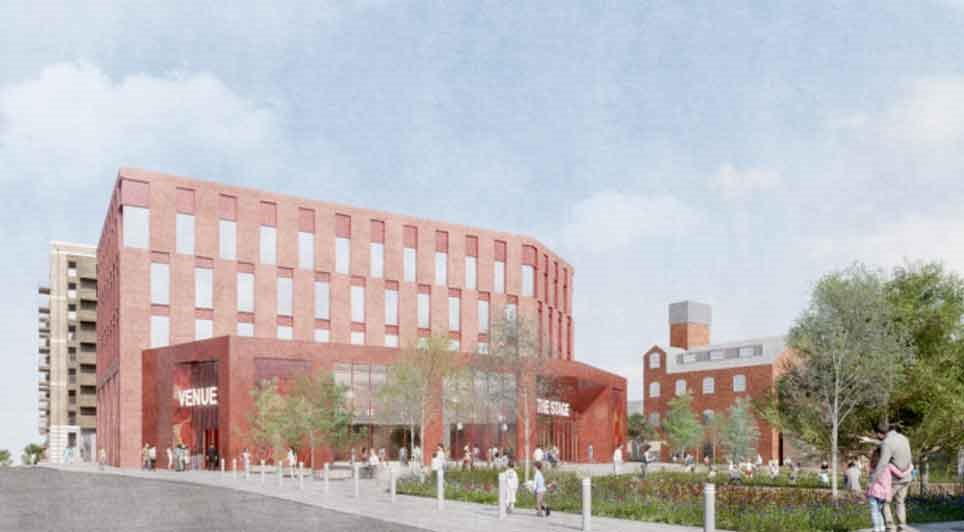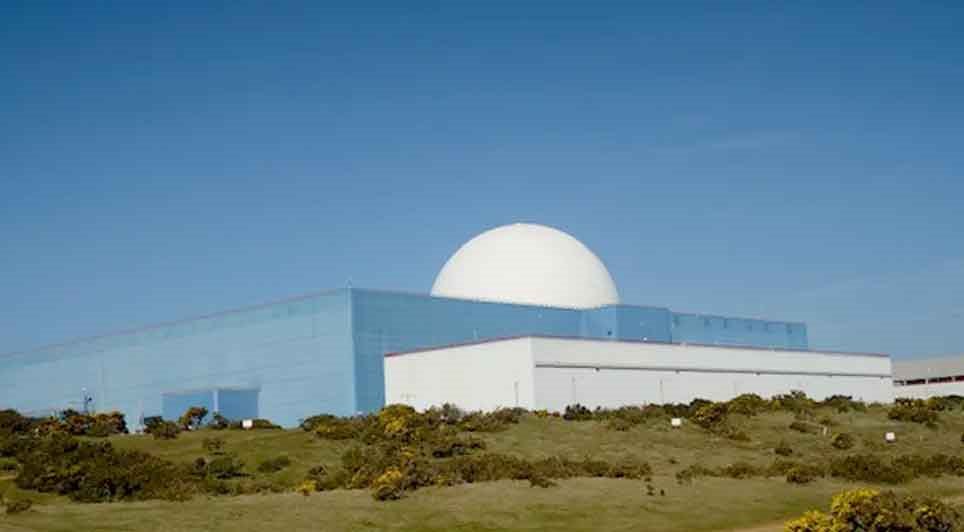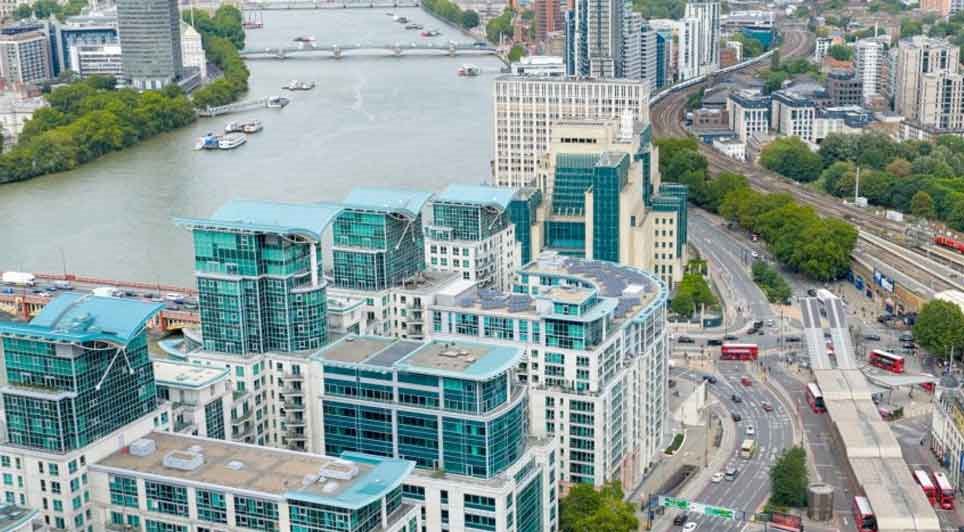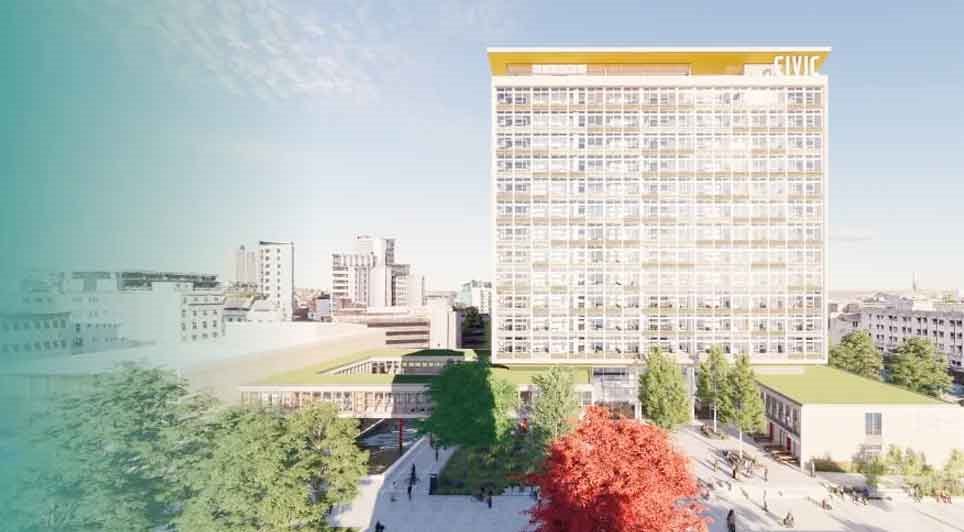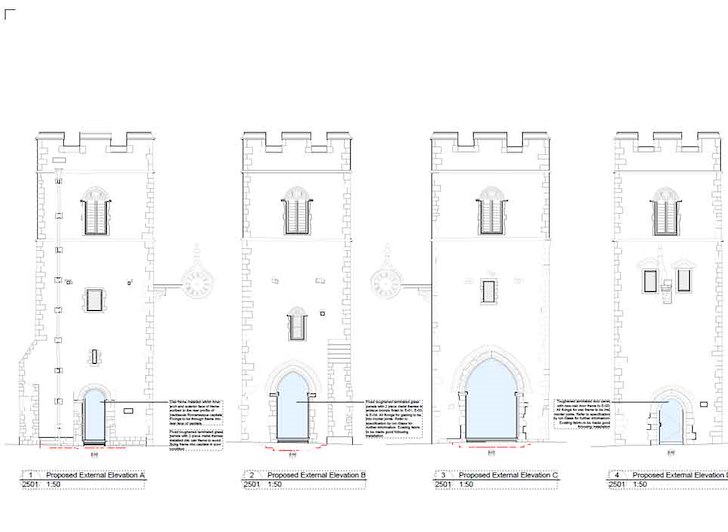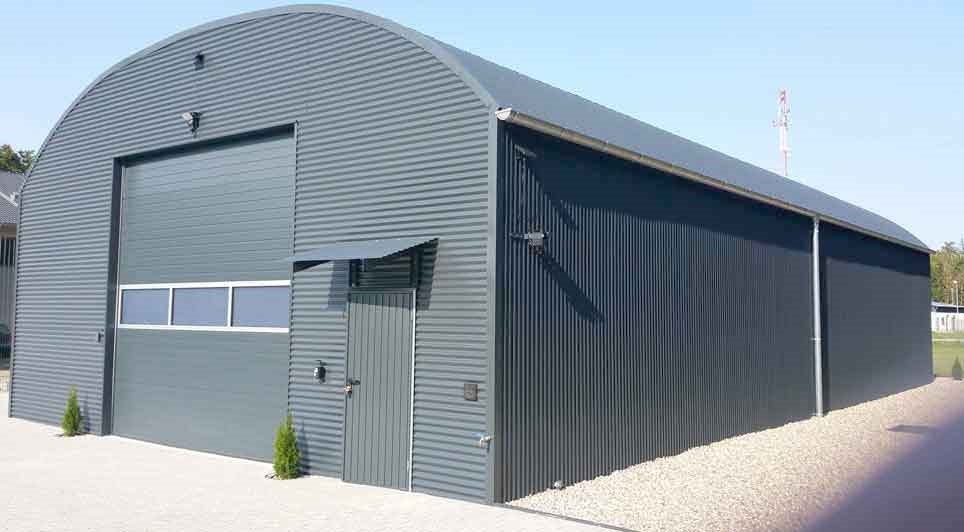Lancashire County Council has suspended work on the proposed Lancaster to M6 transport project.
The decision was motivated by rising costs of construction which were fuelled by inflation. The proposed new South Lancaster to M6 road scheme would have included a new road between the M6 at junction 33 and the proposed garden village in south Lancaster, as well as a new Park and Ride on Hazelrigg Lane.
The project would also have included new education and health facilities, utilities, active travel and bus provision to support new housing and jobs.
The decision comes following discussions between partners on the project, Lancashire County Council, Lancaster City Council and Homes England.
Funding for the road scheme and a wider programme of supporting infrastructure included an award of £140 million from the government's Housing Infrastructure Fund. This will be returned to the Government.
Commenting on the decision, Aidy Riggott, cabinet member for Economic Development and Growth at the county council, said: "We've been working hard to try and deliver these transport and community improvements, and unlock access to the proposed Garden Village, but we're not able to continue with the proposals in their current form.
"In particular, we're faced with rising costs due to inflation, which would have affected how we can deliver these improvements within the current plans.
"It's still our aim to develop plans for this part of south Lancaster, and unlock long-term traffic issues and help people to get around. We'll re-assess the proposals to make sure that they deliver against our aims and are affordable."
Reflecting on the changes to the project, Councillor Phillip Black, leader of Lancaster City Council, said: "I am pleased that the County Council and Homes England have taken the sensible decision to suspend and re-evaluate plans for South Lancaster in light of inflationary pressures and rising costs.
"However, as a Government Planning Inspector recently acknowledged, there is an overriding need for housing within the Lancaster district. All parties involved recognise that the South Lancaster area still has a part to play in meeting this housing need in the future, but now is the time to evolve our strategic vision of housing developments in our district.
"The decision to stop work on the current plans provides a genuine opportunity for alternative, place-based development proposals to emerge in tandem with the necessary infrastructure (transport, including sustainable transport, schools, healthcare and employment).
"That is our next big challenge, to deliver the right kind of housing, in the right places, that is affordable, with the right infrastructure, to create vibrant and integrated communities in a manner that also responds to our local climate change mitigation aspirations. We will work with our partners and our local communities to develop this new vision."
 UK
UK Ireland
Ireland Scotland
Scotland London
London



